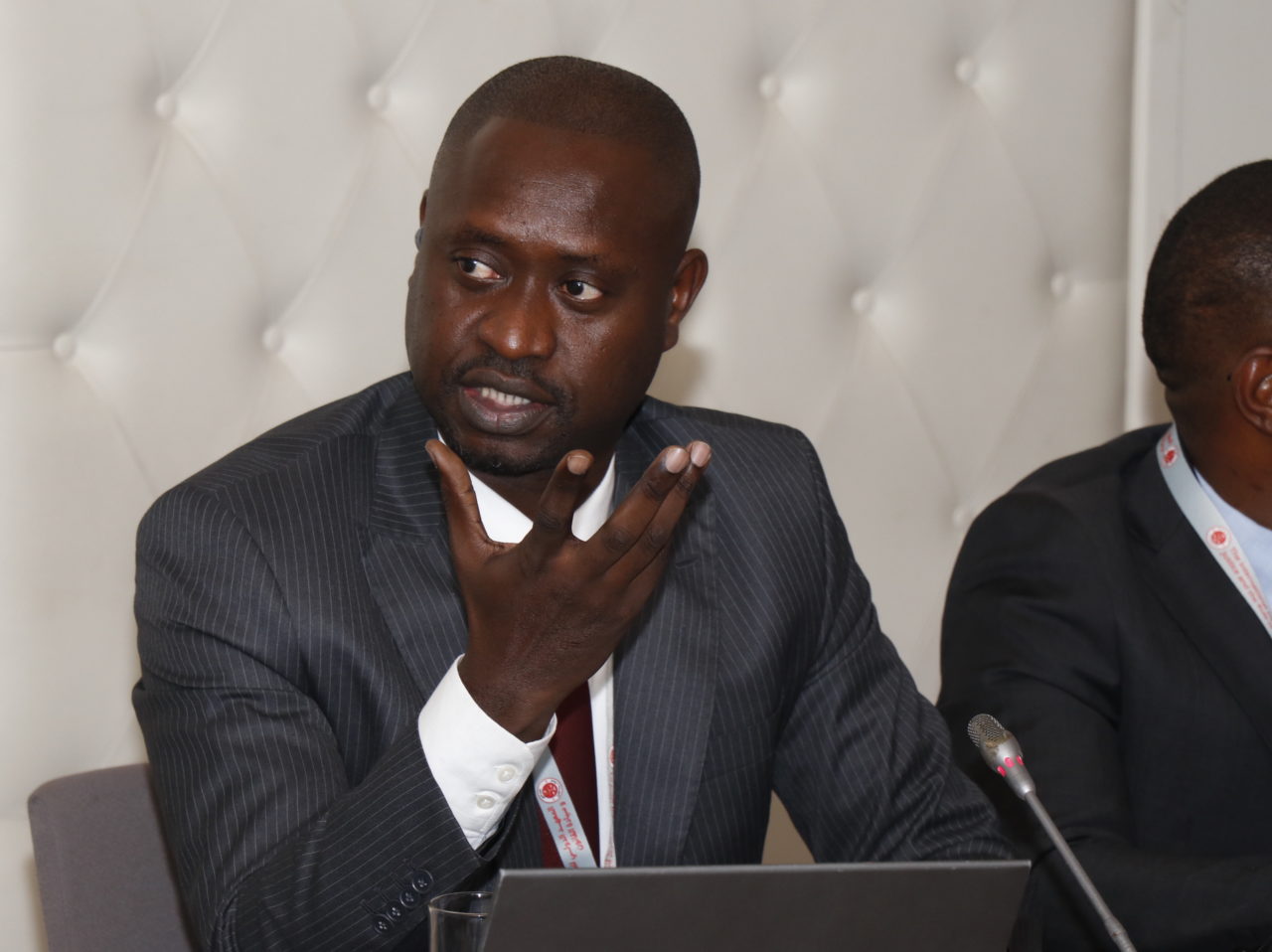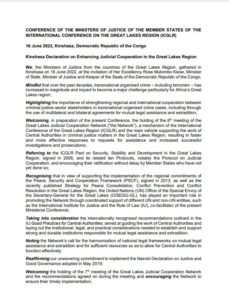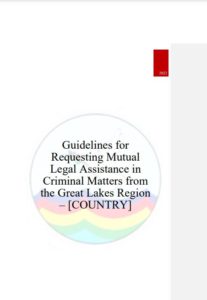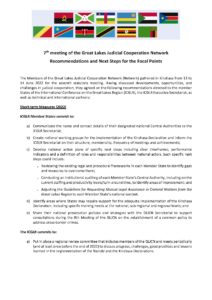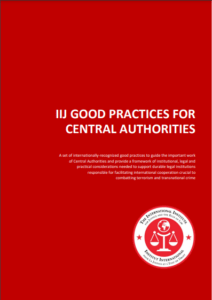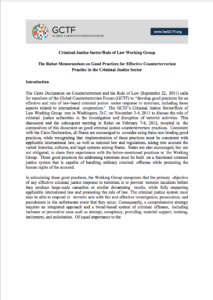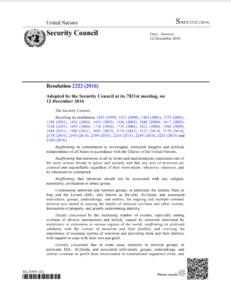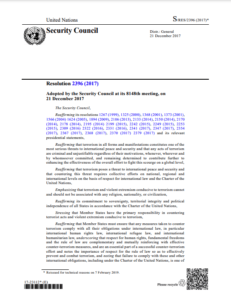Global Central Authorities Initiative
Under the Global Central Authorities Initiative, the IIJ works with Central Authorities – the national entities responsible for mutual legal assistance and extradition – and relevant criminal justice stakeholders at the national and regional levels to support their crucial role in facilitating regional and international judicial cooperation in terrorism and related cases.
The Initiative supports implementation and operationalisation of the IIJ Good Practices for Central Authorities (2018), a set of internationally-recognised recommendations to guide the work of Central Authorities, laying out key institutional, legal and practical considerations. Available in Arabic, English and French, the IIJ Good Practices elucidate Good Practice 9 of the GCTF’s Rabat Memorandum on Good Practices for Effective Counterterrorism Practice in the Criminal Justice Sector.
Current efforts are focused on building capacity around what makes for effective Central Authorities, such as adequate staffing and empowerment to communicate directly with other Central Authorities. To this end, the IIJ is working with practitioners and institutions to draft and amend operational guidelines and legislation on MLA – a priority area identified in collaboration with Central Authority practitioners who are members of the IIJ Alumni Network.
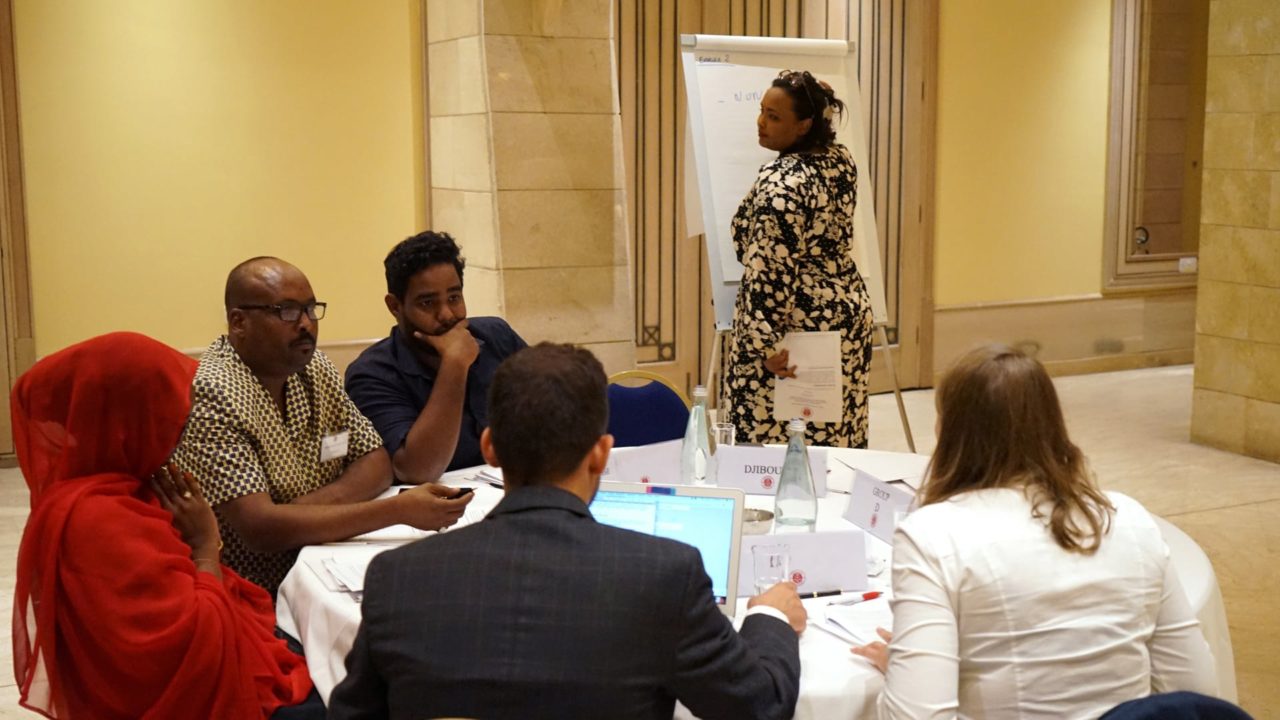
With support from the



Capacity-Building with National and Regional Level Impact
Central Authorities – the engines of international judicial cooperation – play a crucial role in supporting the successful prosecution of terrorism-related cases. Yet Central Authority practitioners face daily challenges in navigating a labyrinth of oftentimes vastly different processes through which to access information upon which a case may depend.
Through the Global Central Authorities Initiatives, the IIJ is a leader in the effort to support these practitioners and facilitate more effective international judicial cooperation. The foundation of this work are the IIJ Good Practices for Central Authorities, which not only support operationalisation of Good Practice 9 of the Rabat Memorandum, but also actions called for in the UN Global Counter-Terrorism Strategy and relevant UN Security Council Resolutions, (e.g. 2322, 2396).
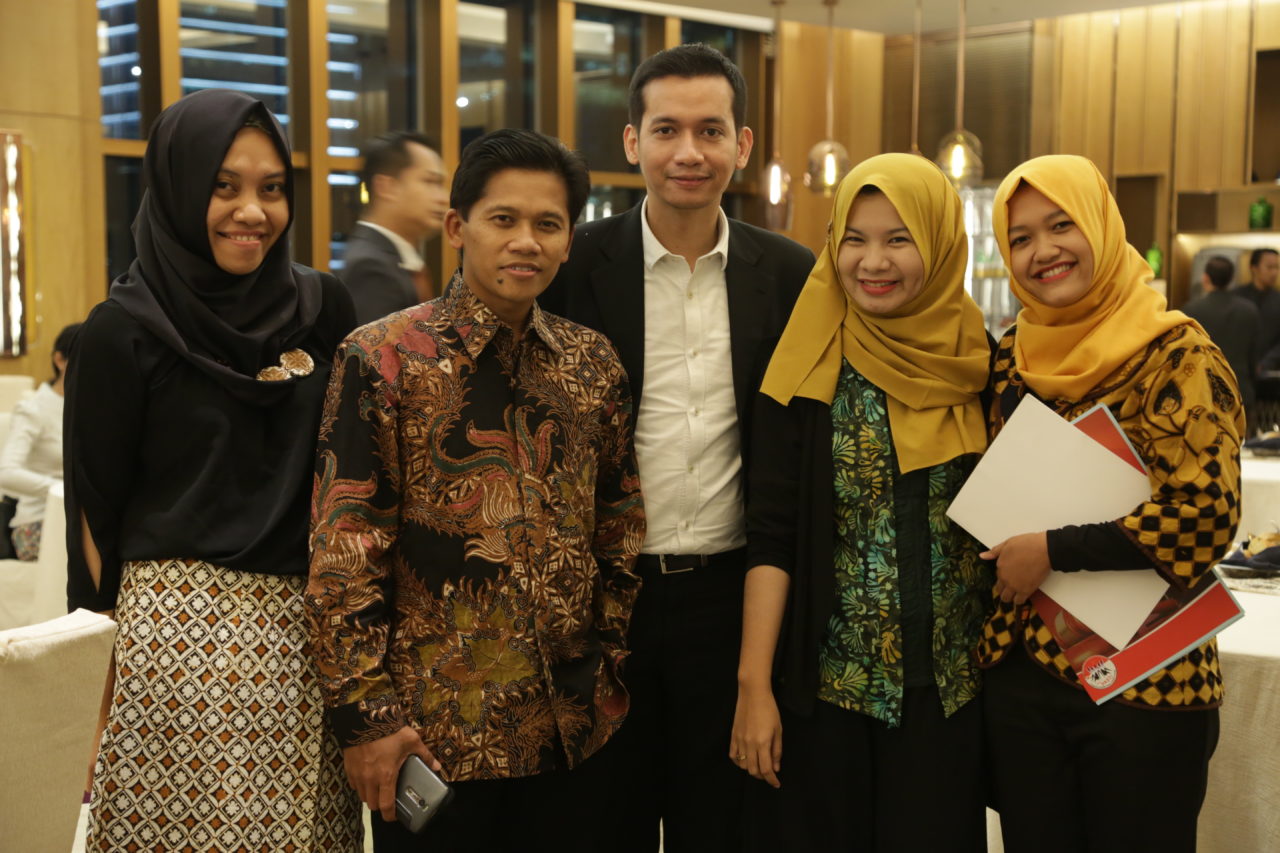
Kinshasa Declaration
During the Ministerial Conference on Enhancing Judicial Cooperation, Member States of the International Conference on the Great Lakes Region (ICGLR) adopted a number of documents to improve the regional cross-border exchange of information in criminal cases. They are the following:
Kinshasa Declaration on Enhancing Judicial Cooperation in the Great Lakes Region
Standardised Guidelines for Mutual Legal Assistance in Criminal Matters for the Great Lakes Region
These model guidelines provide foreign authorities with an overview of how to request mutual legal assistance (MLA) from ICGLR Member States. Countries have agreed to develop their own country-specific guidelines based on this document as a means to promote the harmonisation across the region of the requirements and procedures for accepting and executing MLA requests.
Recommendations for the Focal Points of the Great Lakes Judicial Cooperation Network
In Action
IIJ’s Global Central Authorities Initiative: Building Strong Procedural Mechanisms for Mutual Legal Assistance (MLA)
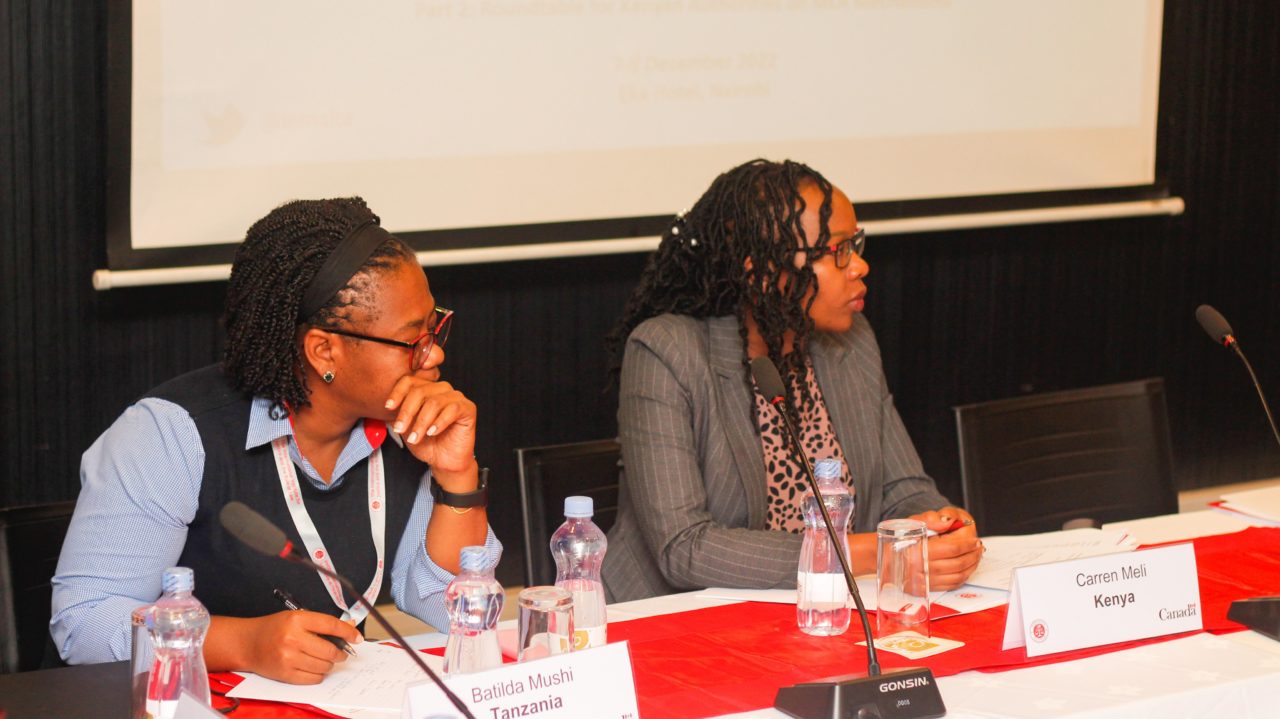
IIJ Global Central Authorities Initiative: Great Lakes Regional Ministerial Conference on Enhancing Judicial Cooperation
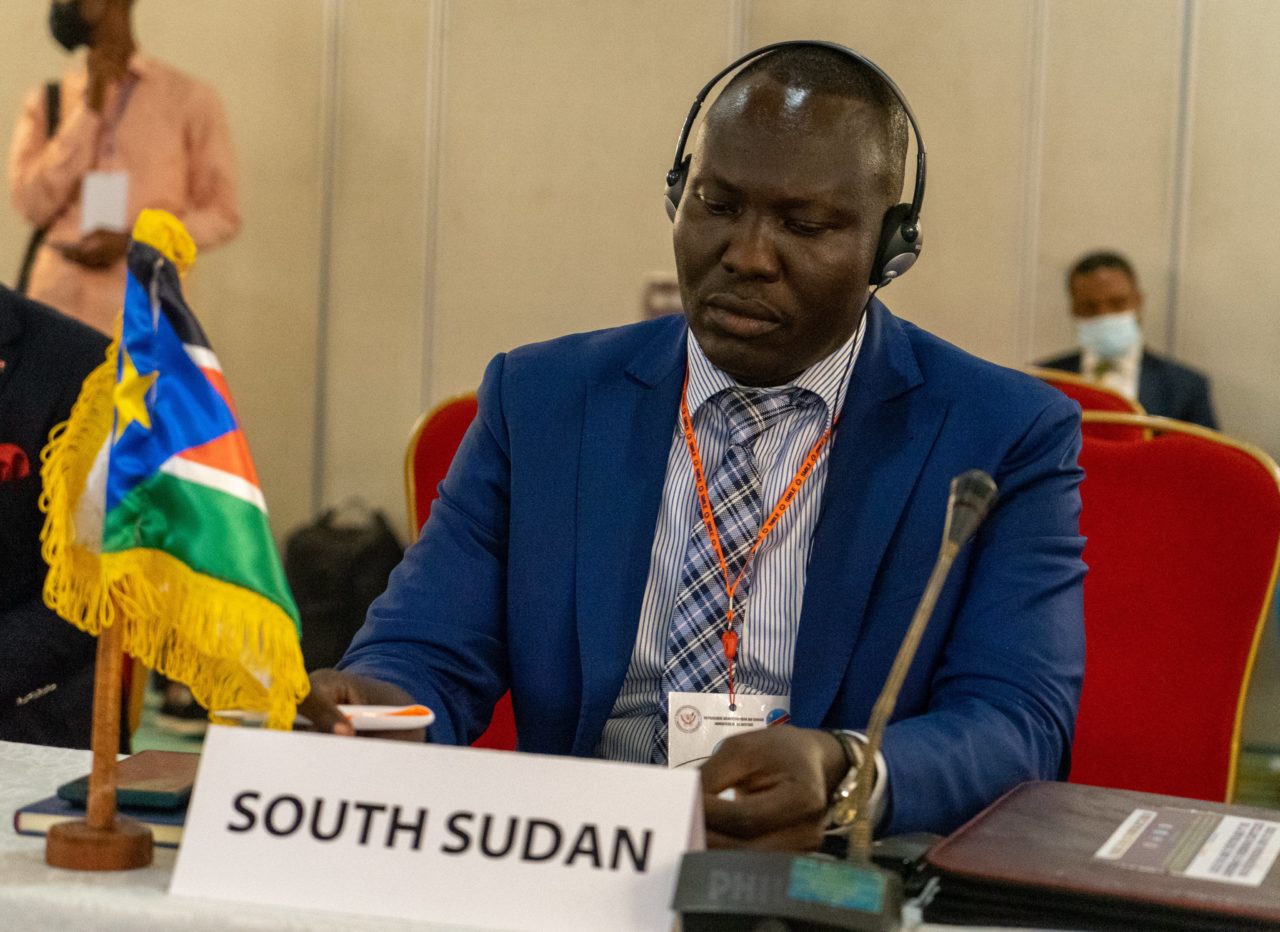
IIJ Global Central Authorities Initiative: National Workshop for Validating Senegal’s Law on International Judicial Cooperation
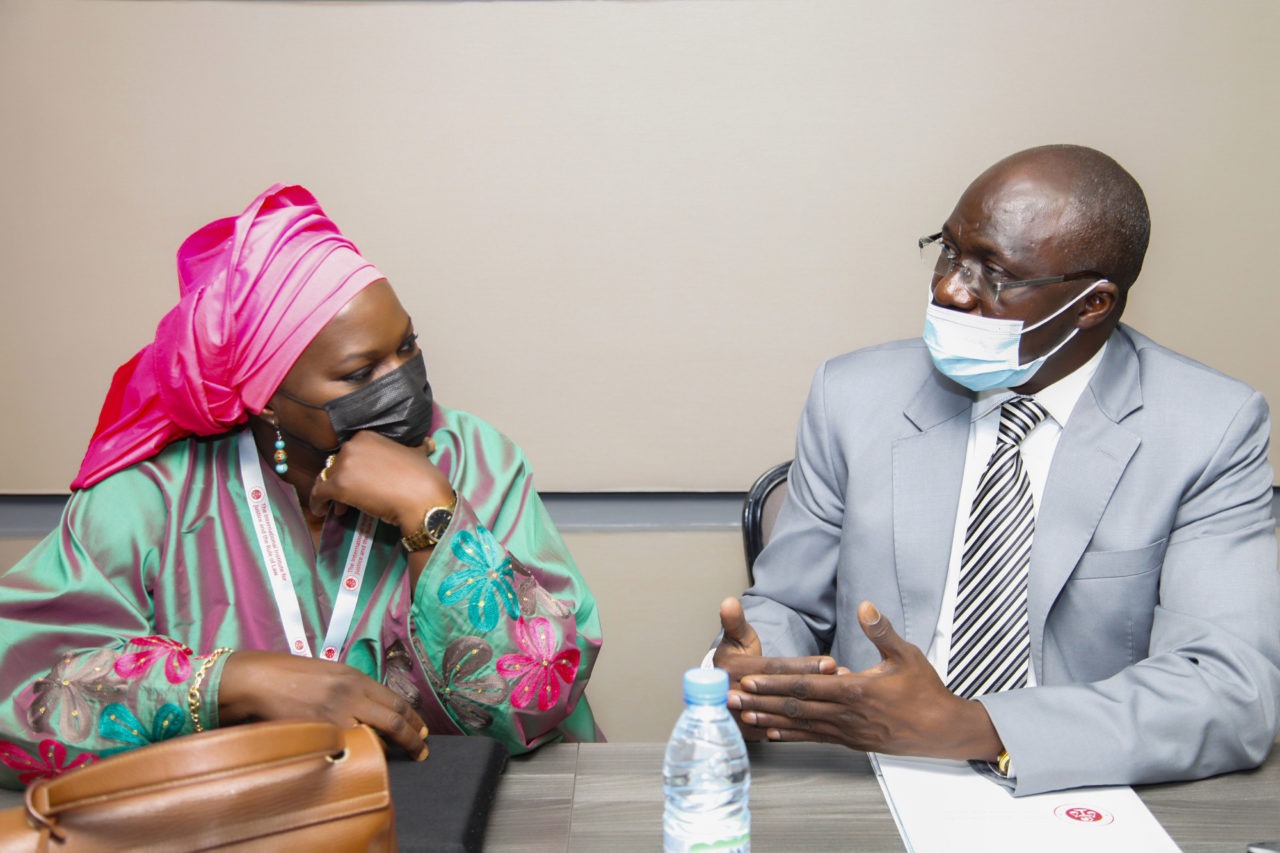
IIJ Global Central Authorities Initiative: National Workshop on Developing a Comprehensive Legal Framework for International Judicial Cooperation in Criminal Matters in Senegal
